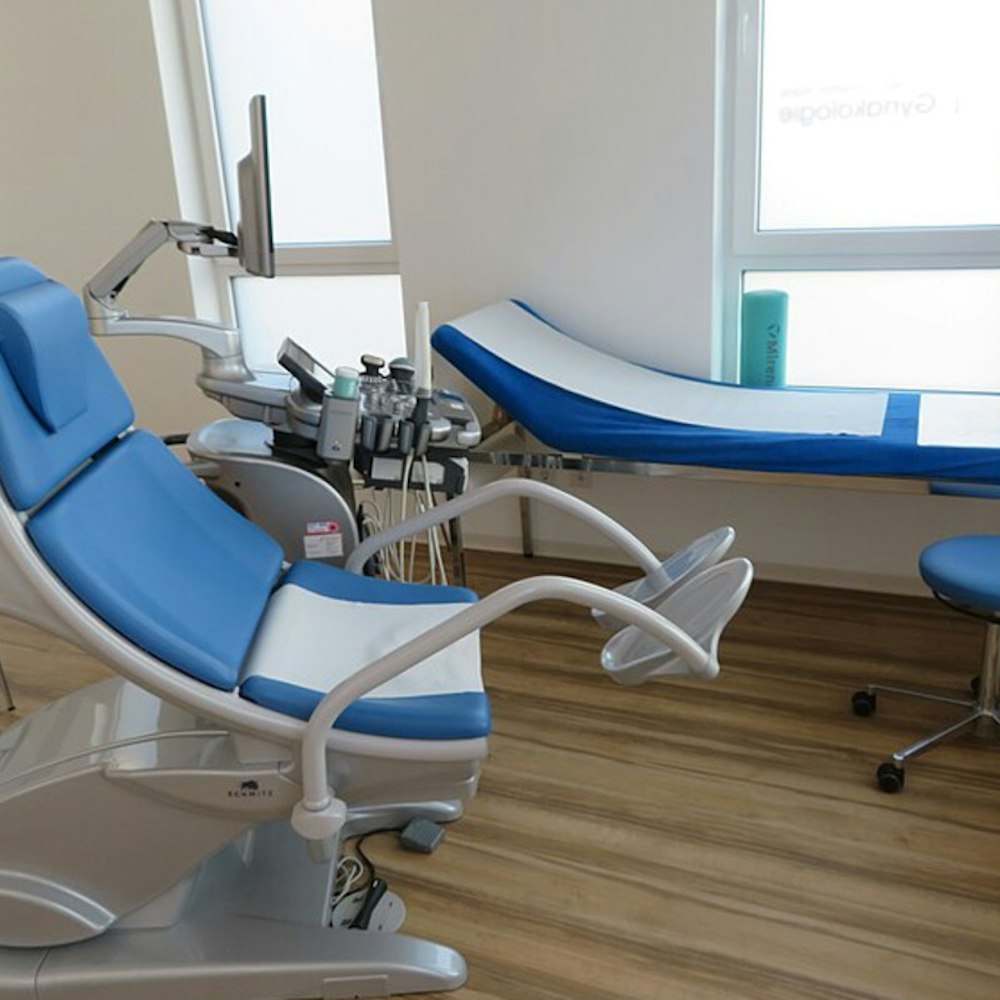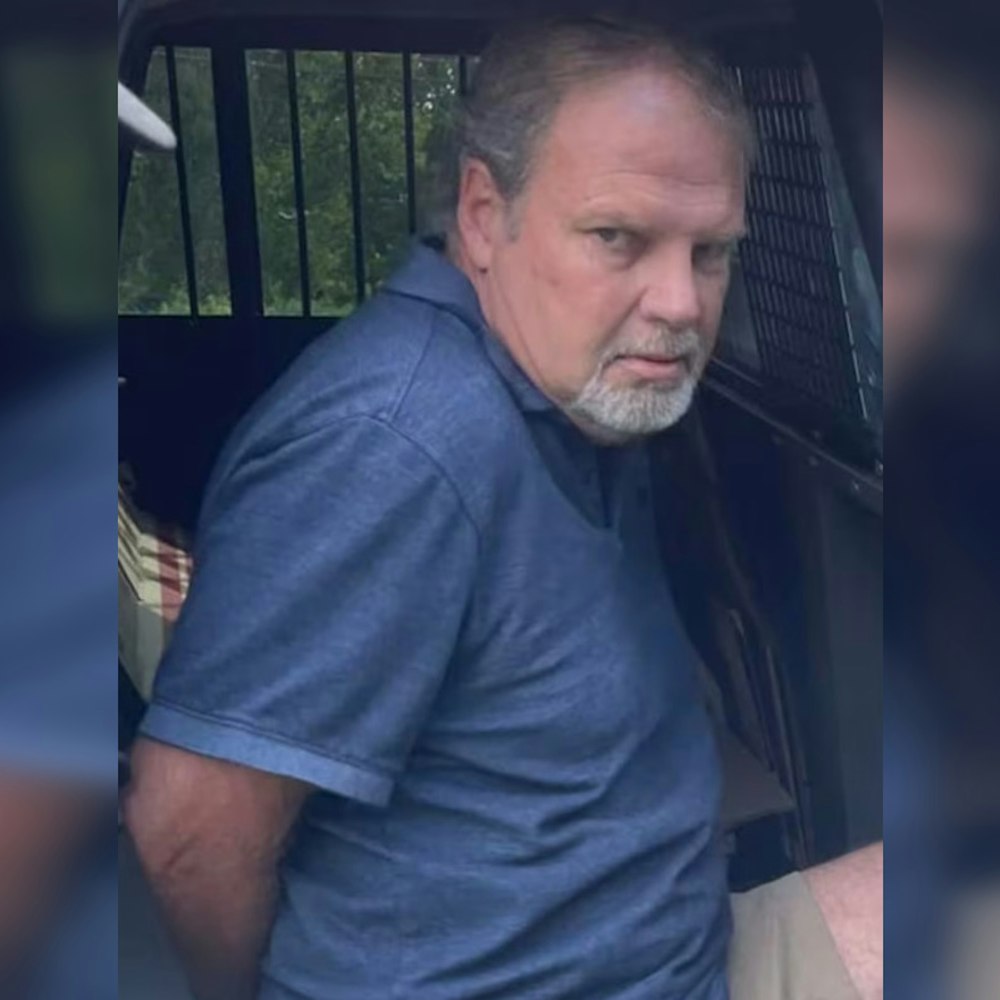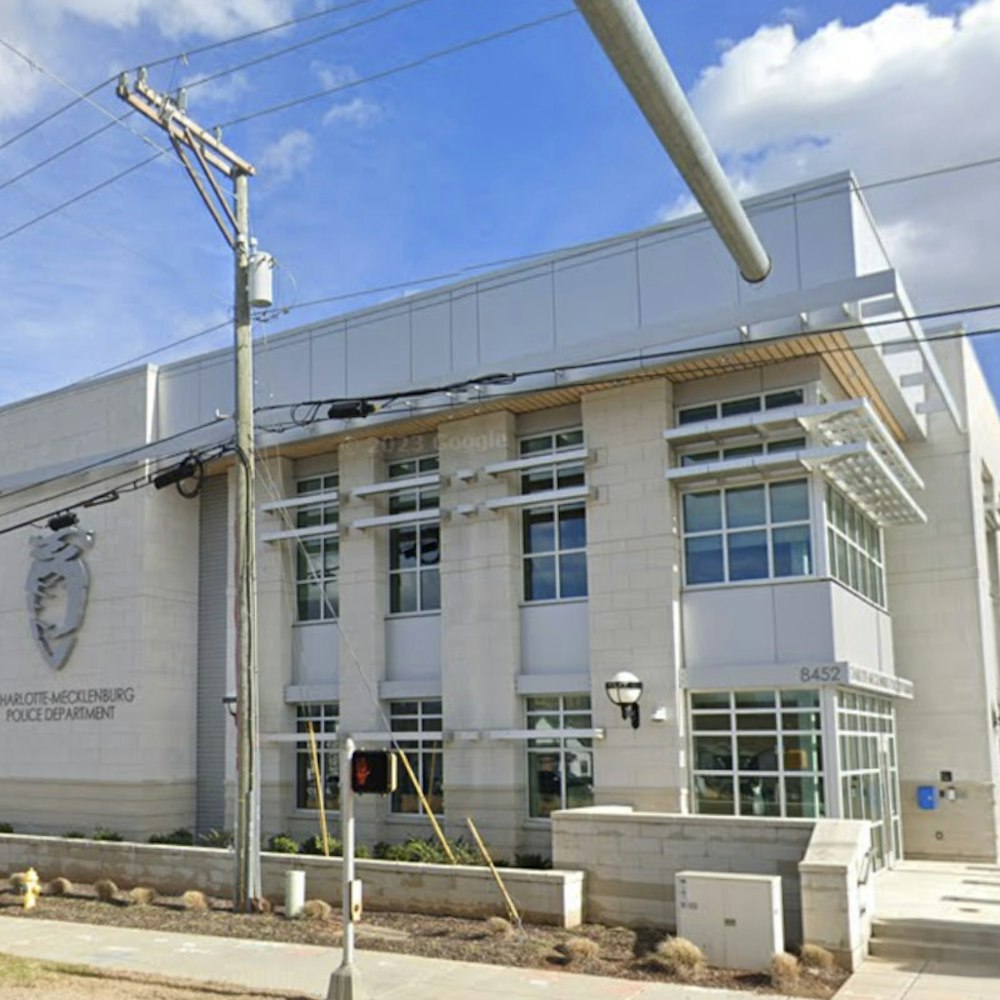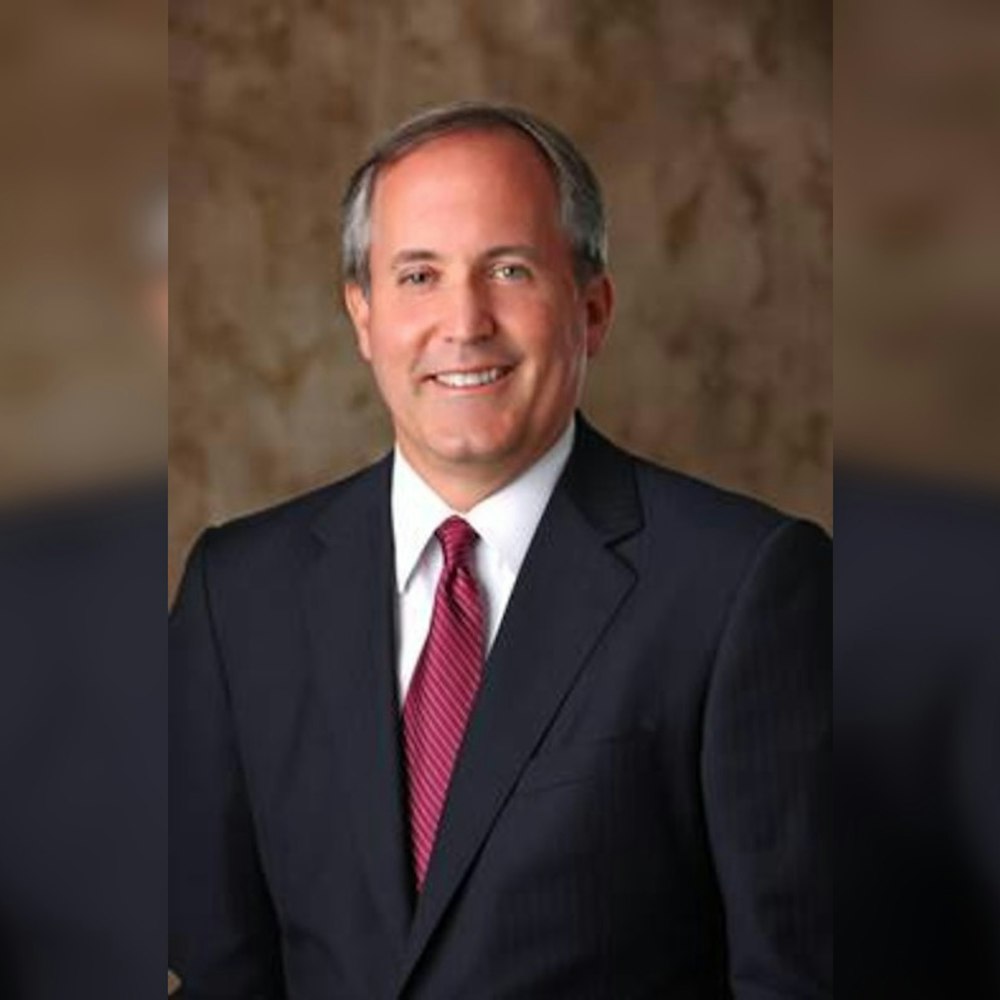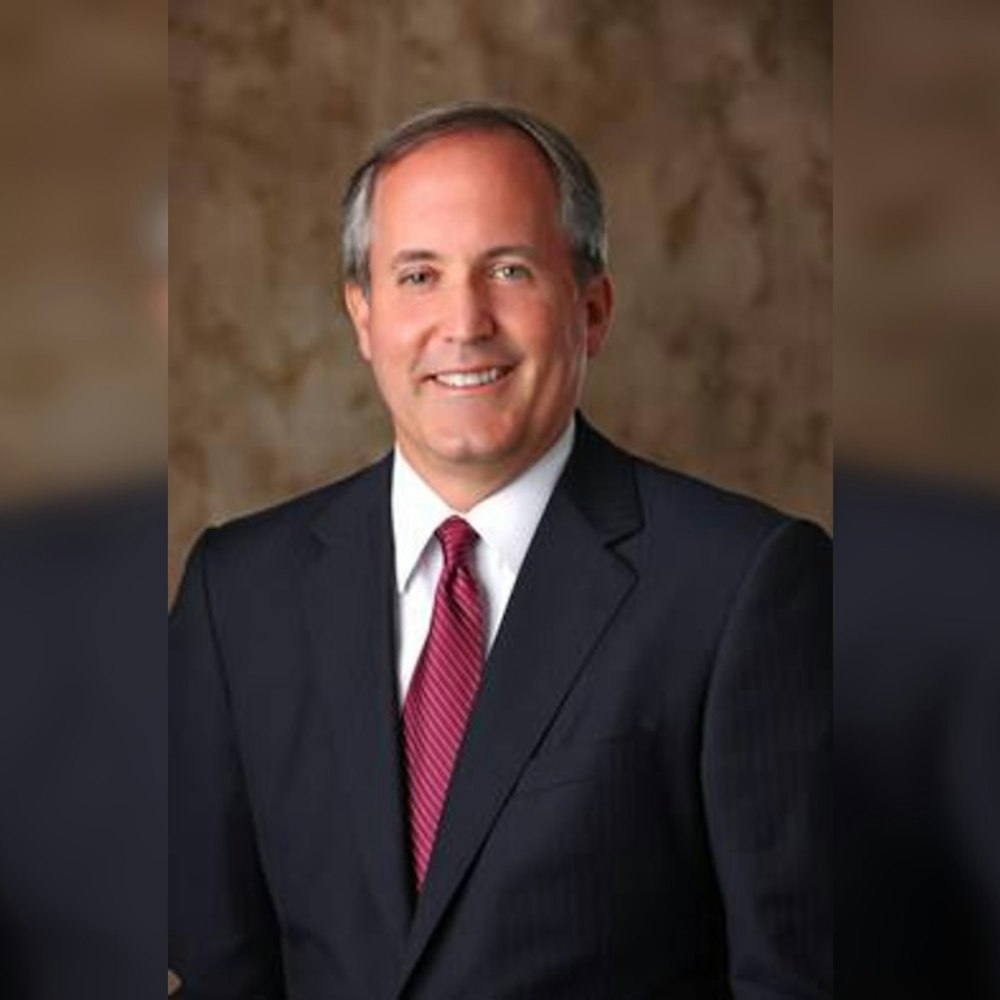
In Texas, a state where the landscape of mental health treatment is as sprawling and varied as its vast borders, primary care facilities are increasingly becoming the front line in the battle for better mental health support for struggling Texans. Lacking mental health providers, the state bears witness to a growing reliance on general practitioners to diagnose and manage mental health concerns. Barbara Chapman, an assistant clinical professor at the University of Texas at Tyler, is championing this approach, asserting that "There is not a diagnosis that doesn’t have a mental health component," as she explained to The Texas Tribune.
The odds are stacked against Texas, which ranks last in the nation for access to mental health care. Echoing the statewide struggle, Chapman's commitment is born from a personal encounter that highlighted the gaping disconnect between medical and mental health treatment. This inspired her to advocate for a model of care that integrates mental health screenings into routine primary care visits, a move that could potentially streamline the process and facilitate early intervention. However, the primary care sector is also to face its own challenges, with a projected shortage of 68,020 primary care physicians by 2036. The burden of an added responsibility is a hurdle, yet as Chapman told The Texas Tribune, "you have to understand that you are the first line of defense."
Supporting the integrated model, Dr. Zachary Sartor of Waco Family Medicine notes the convenience for patients when mental health services are offered alongside physical health checks. “The collaborative model can take a lot of time and can limit our ability to do this, so having those providers working beside us in the clinic makes that time limit feasible," Sartor expressed to The Texas Tribune. This teamwork approach eases the strain on the healthcare system by aligning mental health check-ups with standard primary care appointments.
While the initiative takes root, telehealth platforms such as the Child Psychiatry Access Network (CPAN), created by the Texas Legislature in 2019, are bridging gaps between primary care physicians and psychiatric experts. Dr. Roshni Koli, a psychiatrist at Dell Medical School, is actively participating in this solution, offering guidance to doctors in need of mental health consultations. "I just got off a call where a primary care physician was asking about a plan for anxiety for one of his patients," Koli said in a statement obtained by The Texas Tribune, emphasizing the integrated approach being taken to support Texas' primary care doctors.
It's not just about bridging the present gap; it's about envisioning a future where mental health care is not confined to specialist clinics but woven into the very fabric of primary healthcare—a system in need, according to Chapman, of serious supplementation from the medical field. "We are in an all-boots-on-the-ground situation. None of us are doing well," she starkly noted. With the state's small but mighty strides towards more inclusive mental health care models, Texas shows that even in the face of stark shortages and systemic divides, progress can still be made—a glimmer of hope in an often bleak healthcare landscape.
-1.webp?w=1000&h=1000&fit=crop&crop:edges)



